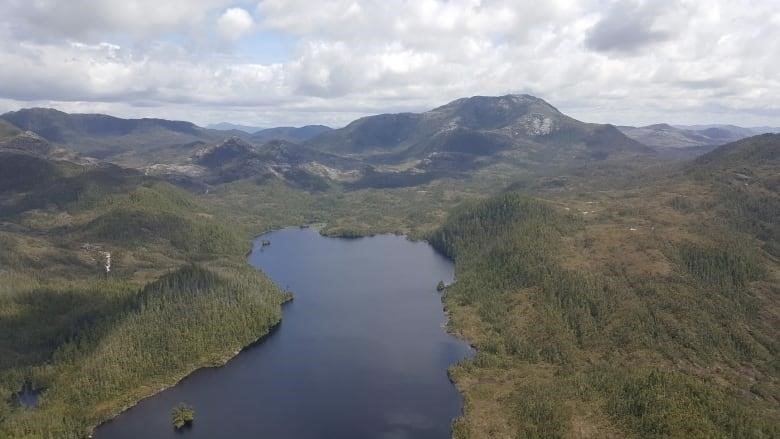
Province says it will update the system after consulting with Indigenous people
On Monday morning, B.C. Supreme Court will hear the first legal test of the province’s Declaration on the Rights of Indigenous Peoples Act. This is because two First Nations are challenging the way British Columbia gives out mineral claims.
The Gitxaala and Ehattesaht First Nations have filed a lawsuit against the province over its Mineral Tenures Act, which gives mineral claims to people for a small fee through an online system without consulting Indigenous people first.
The two nations say that this process goes against the 2019 United Nations Declaration on the Rights of Indigenous Peoples. The declaration says that governments must get the free, prior, and informed consent of Indigenous peoples and territories before doing anything that might affect them or their land.
Linda Innes, Chief Council of the Gitxaala Nation, says that under the current system, by the time the nation finds out that mineral rights have been granted, the process has often moved on to permitting and exploring.
“There, the dominoes have already started to fall, and there’s nothing our Gitxaala Nation can do about it,” said Innes.
“An important legal challenge
In a written statement, the Gitxaaa called the case a “groundbreaking legal challenge to British Columbia’s old way of giving mineral claims.”
The B.C. Human Rights Commission was given status as an intervenor in the case in January.
At the time, B.C. Human Rights Commissioner Kasari Govender said, “The way the Declaration Act is interpreted is an important part of the ongoing decolonization and reconciliation work in our province.”
The Gitxaaa say that several rights to mine minerals on their land have been given out in the past few years. They want those claims to be thrown out and the way claims are made to change.
The British Columbia Ministry of Energy, Mines, and Low Carbon Innovation says it can’t say anything about court cases.
The Ministry did say that “the province is committed to working in consultation and cooperation with all Indigenous Peoples and in line with the Declaration Act and the UN Declaration on the Rights of Indigenous Peoples.”
As part of the Declaration Act Action Plan, it also said that the province had agreed to update the Mineral Title Act by March 2022, and that work was being done “in consultation with and with the help of Indigenous peoples.”
The case will take place over eight days. Before the court hearings start, Gitxaala leaders are expected to hold a news conference.
